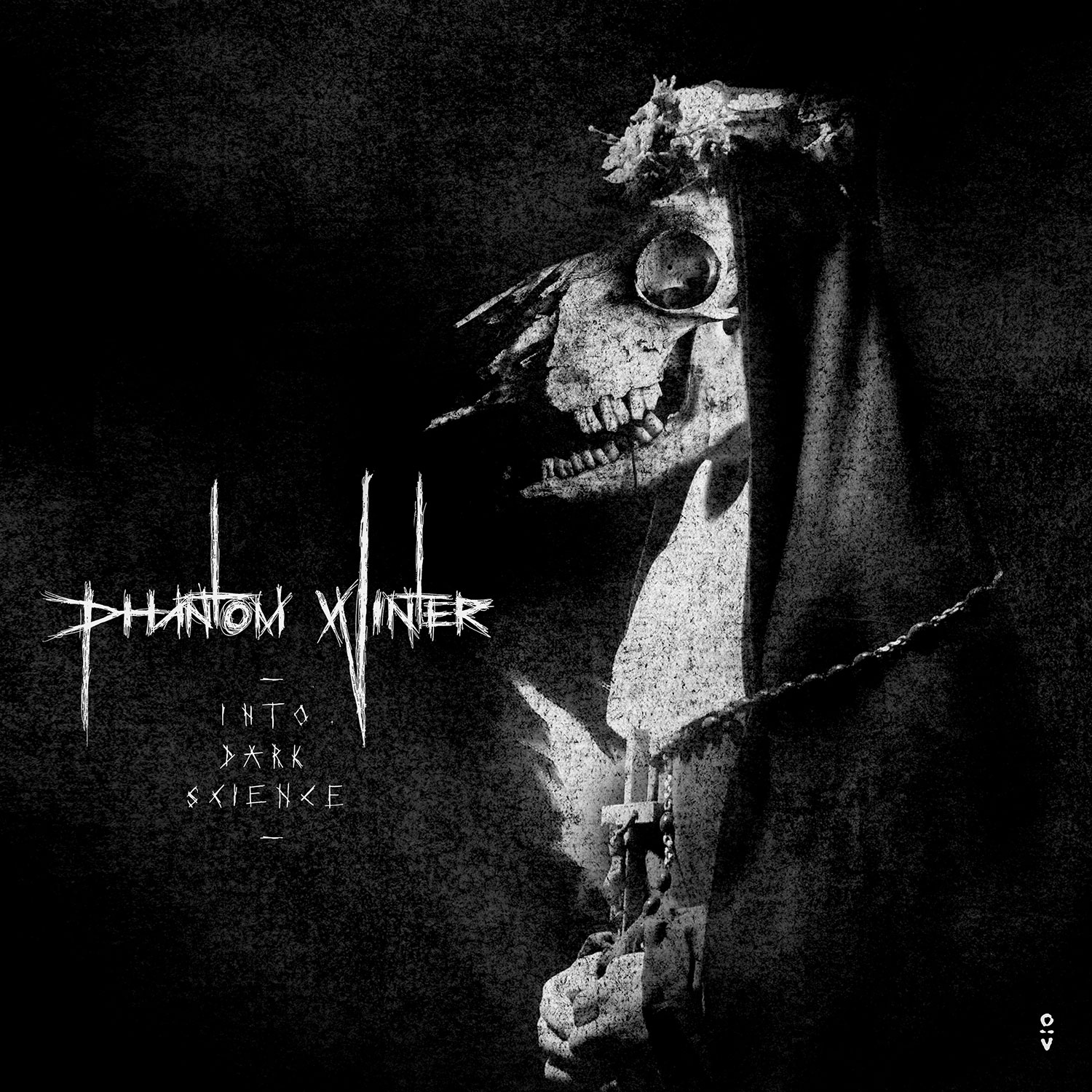Description
Dvne are a band of great contrasts, weaving titanic heaviness and intricate gentleness together, complex lyrical ideas with engaging storylines, and this has only been expanded upon and concentrated on second album Etemen Ænka. “It’s an album that has a narrative musically and we hope will encourage the listener to explore the universe we’ve created around it,” states guitarist/vocalist Victor Vicart. “It is a very dense and layered album which will reward multiple listens, and while this is becoming a recurring aspect of our music, we feel that we went further with it this time. It’s also a very polarising album, emotionally speaking. The heavy sections are, well, very heavy, while the clean sections are much more intricate and delicate and in a way wouldn’t be out of place in a Studio Ghibli anime soundtrack.” Exploring everything in greater depth in every way, it is a profound step forward from 2017’s Asheran, starting an exciting new chapter in the existence of one of the most thrilling and imaginative metal bands active today.
Racking up a string of successful shows in support of Asheran – including appearances at Psycho Las Vegas in 2018, plus Norway’s Inferno Festival and London’s Desertfest both in 2019 – the band felt empowered going into the writing process for their sophomore release. Having a concept already in place and some clear ideas of what they wanted to do musically they hit the ground running. “We knew we wanted to include keys and synths in the equation. We wanted to be able to add new textures and new sounds that weren’t on our previous releases, and we felt that this was something that will give us more options creatively. Looking back, that was a great decision because we’ve used synths for everything, with ambient sounds, heavy subs and actual leads, which really added a new dynamic to this album. We’ve also kept this balance between down-tuned heavy riffs and clean movements which were already present in Asheran, but we really wanted to make sure we could capture more details and subtleties once recorded,” explains Vicart. Synths are in fact so present and at times so unapologetically 80s that they sound like the soundtrack to a classic sci-fi, which may well surprise fans, the band confident in every step they took musically. The concept was so fully established that the cover art was completed three months before they even entered the studio, and helped dictate how the band worked. “Having the concept so present and clear in our minds gave us a good feel of what the vibe of the album would be, and in a way helped with the composition and arrangement. A few of the tracks that were written toward the end of the writing process were created thinking of some specific moment in the album’s storyline, such as “Weighing Of The Heart”.“
Their band name a reference to the timeless sci-fi epic Dune by Frank Herbert, this is very much a genre that they happily inhabit, and is once again reflected in the lyrical content of the record. While wanting to create a universe of their own, they also cover more serious topics related to the society we live in, and while Asheran was very much focused on their relation to their surroundings and the environment, Etemen Ænkafocuses much more on social issues and more specifically on inequalities and the human relationship with power. “Even in the band, we have our own interpretation of what each event in the storyline means to us. That said, the story follows a civilisation through centuries. This society was built on the hubris of transcending the limitations and pain associated with human nature. In the story, this vision is eventually achieved through the process of ascension. Thanks to technology the ascended – we refer to them as ‘celestials’ – became superior beings but slowly detached themselves from what made them human. This story basis allowed us to explore some interesting problematics, such as how the celestials dominate their society in order to pursue their utopic vision.” Each song is lyrically complex, with “Enuma Elis” a direct reference to the Babylonian creation myth as well as the Epic of Gilgamesh, while within the narrative focusing on the war between the old humanist world against the ‘augmented’ world which will later dictate humankind’s move to the Towers society. “Towers” was heavily inspired by the books Terminal World by Alastair Reynolds and Altered Carbon by Richard K Morgan, and follows the creation of several gigantic towers. “The sheer size of these monuments involves the labour of several generations of workers that are at first forced to do so, but gradually become indoctrinated by this utopic idea that their sacrifice will be in the name of transcending the boundary of humankind,” and ““Si-XIV” takes the point of view of the dominated lower classes living in difficult conditions. The society relies heavily on the use of technology and neurological implants to function and communicate, and the lower classes are left with secondhand technologies that they use to escape their everyday life.“





